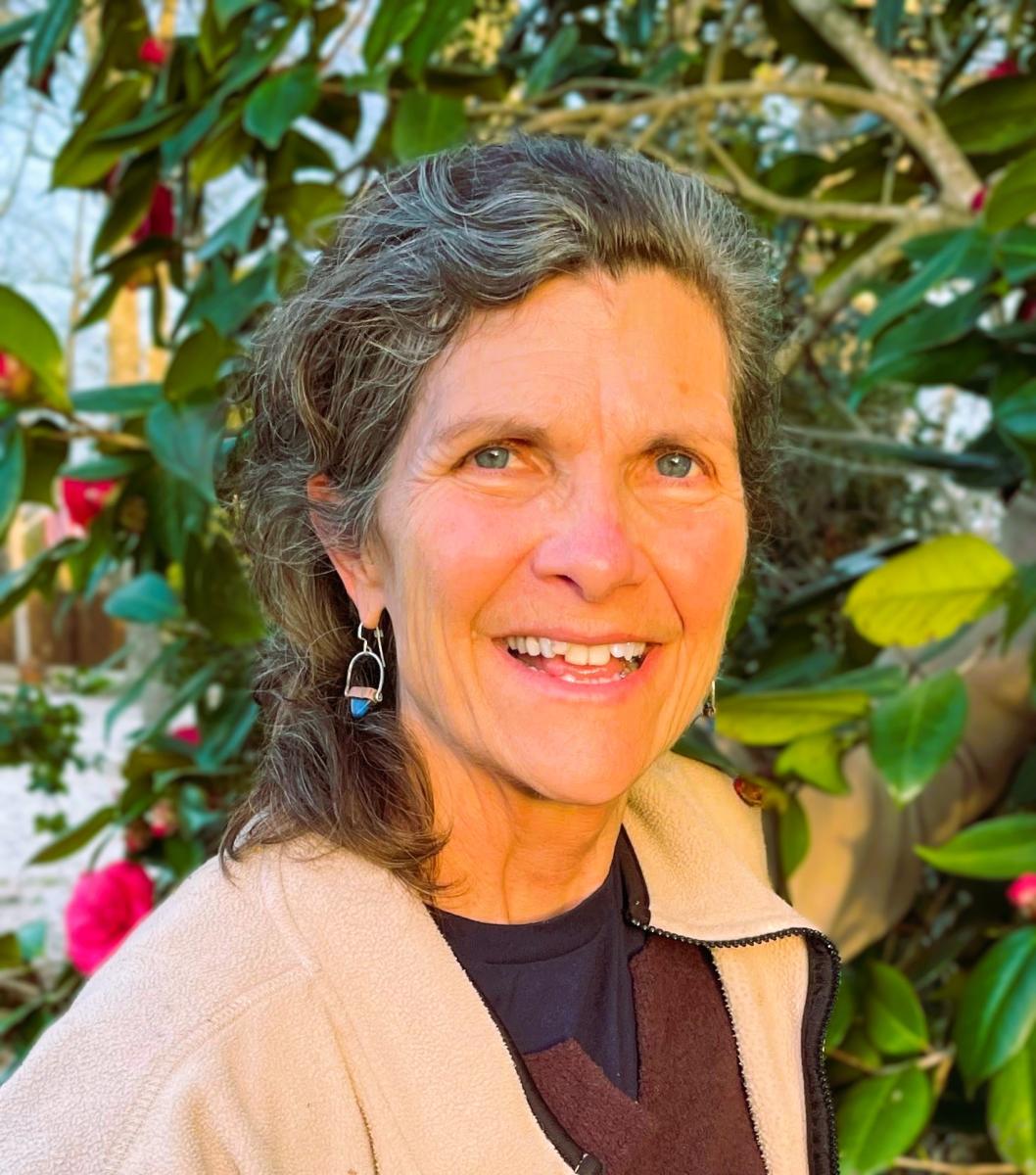2025 Fellows
Amy Rosemond
Dr. Amy D. Rosemond is the UGA Foundation Professor in Ecology and Distinguished Research Professor at the University of Georgia. She is fortunate to have worked on collaborative projects to make the field of freshwater science more inclusive and on research projects to advance our knowledge of freshwater ecosystems. She recognizes the critical need for diverse perspectives, experiences, and approaches in addressing freshwater challenges and societal investments, such as via national/federal and state/regional agencies that make much of that work possible.
Amy was elected as a Fellow of the Ecological Society of America in 2018 and received UGA’s Creative Research Medal in Science and Engineering that same year. She served as President of the Society for Freshwater Science (2019-2020), and helped to envision and currently leads the Emerge Program in collaboration with the rest of the Emerge team. Amy teaches freshwater and ecosystems courses at UGA and has served as major advisor to more than 20 graduate students and postdocs. With her collaborators and students, she has over 100 peer-reviewed publications on a broad range of topics that examine the effects and mechanisms of global change on freshwater ecosystems, including policy and management implications. She is grateful for the inspiration and support from other SFS members during her career and hopes that SFS will continue to be a vibrant scientific home and community to many. The future of healthy, resilient, and equitably accessible freshwater ecosystems needs us!
Selections from Amy's Fellows nomination and letters of support:
“Amy is an excellent scientist, a consummate scholar and collaborator, and she is an honorable, kind, and effective leader of our Society. She deserves to be honored and recognized as SFS Fellow for her accomplishments and contributions to our Society.”
“Amy truly cares about advancing and supporting underrepresented scientists, and she has experience in successfully training and mentoring many early career scientists, many from marginalized backgrounds. She is walking the walk in this realm, and she is tirelessly advocating for social change within the academy to ensure that our scientific societies and institutions are led by a demographic representative of the diversity of our nation.”
“Amy’s research has always bridged community ecology and ecosystem ecology in a novel and compelling way. Her early work examined the relative importance of top-down and bottom-up control of algal biomass in forest streams, resulting in several influential papers, the importance and impact of which transcend the field of stream ecology. She then applied similar approaches to detritus-based ecosystems, studies that eventually led to explicit tests of stoichiometry theory … These papers, detailing the responses of detritus-based food webs to nutrient enrichment, is the work for which she is perhaps best known, but her research program at UGA has encompassed a broad variety of questions and processes and is always marked by the inclusion of both explicit testing of ecological theory and application to management and policy (a relatively rare combination). This emphasis on the “real world” has extended to her other significant contribution to the field of stream ecology: the promotion of greater diversity among its current and future practitioners. Amy is passionate about this important push for greater inclusion in science and she has made tremendous strides, particularly through the Emerge program within the Society, which she has led from its beginning. This program is clearly making a difference, both to the careers and lives of many young stream ecologists and to the field of stream ecology itself.”


